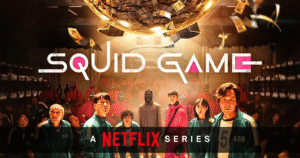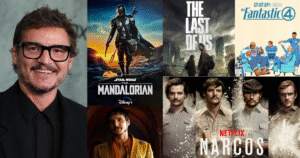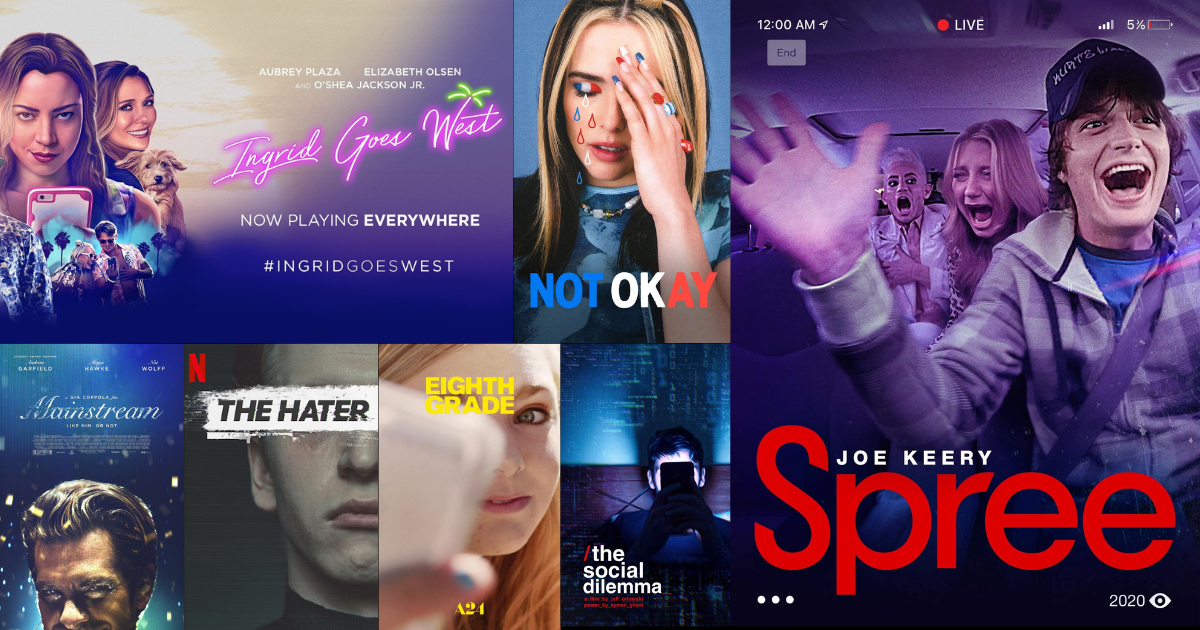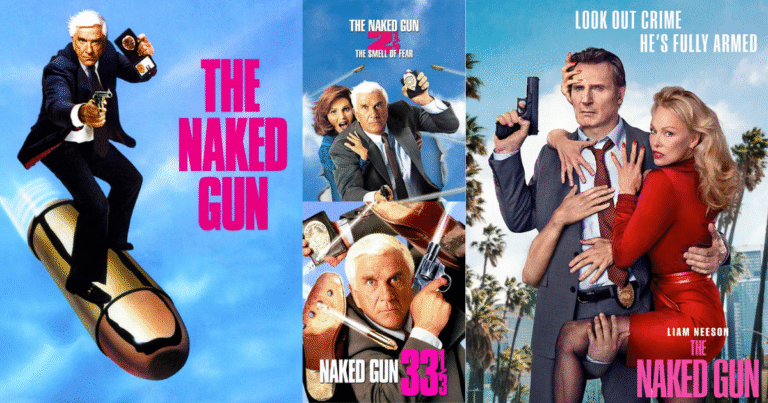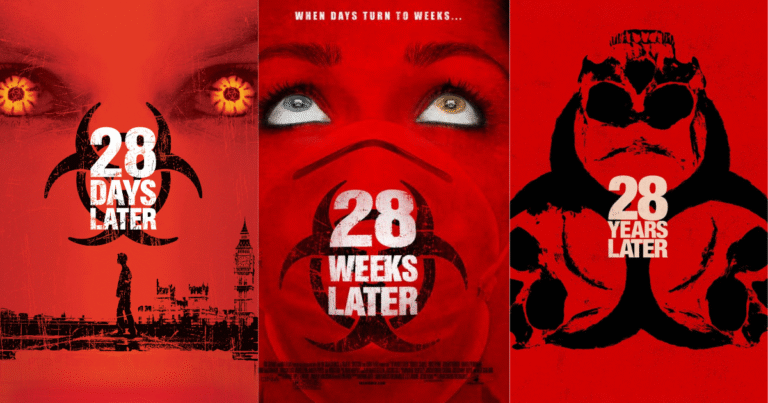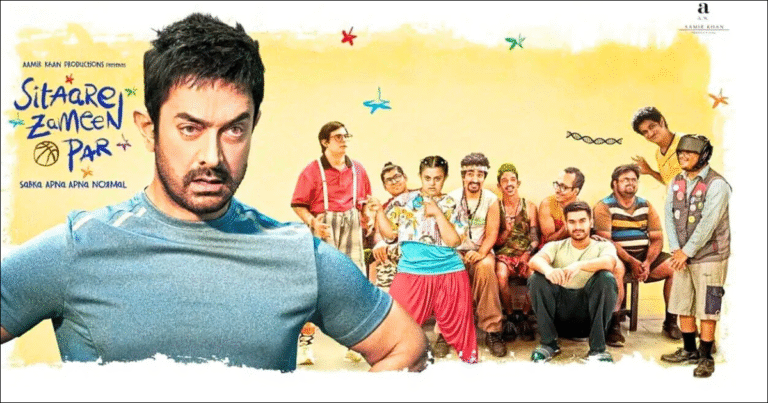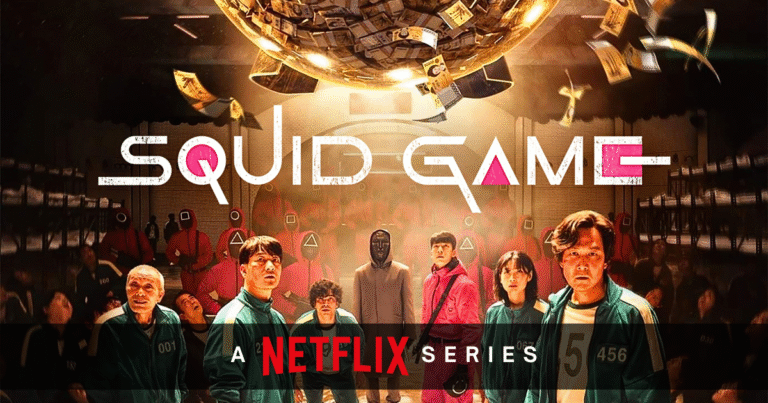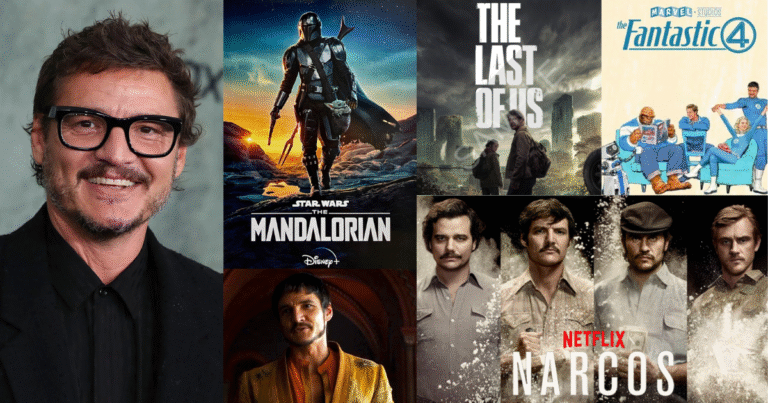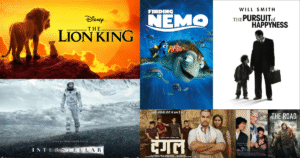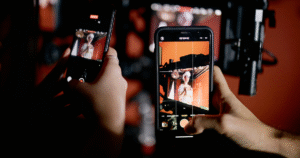In the last decade, social media has gone from being a novelty to a central part of daily life. We scroll, swipe, like, and comment through our lunch breaks, late nights, and sometimes even during movies themselves. So, it’s no surprise that films are beginning to reflect our digital dependencies, not just by showing social media on-screen, but by making it the central force in stories about identity, validation, obsession, and consequence.
This growing wave of social media–focused films isn’t just about teens glued to their phones. It’s a new kind of drama, one that feels immediate, personal, and sometimes uncomfortably familiar. These movies explore what it means to live online, how we curate our lives for others, and what happens when the line between our digital selves and our real ones disappears.
Why Social Media Makes for Gripping Drama
The appeal is simple: social media is inherently dramatic. It’s full of conflict, aspiration, jealousy, performance, and surveillance. And because so much of it is visual and public, it’s easy to adapt to film. Audiences instantly understand the stakes of a viral post, a lost follower, or a livestream gone wrong.
What makes these films stand out is how they use the format itself. Some, like Searching, play out entirely through screens, emails, texts, video calls, turning our digital world into a suspenseful visual language. Others take a more traditional narrative route but center on characters shaped by online culture.
Key Films That Capture Our Digital Fixation
Let’s look at a few standout titles that dig into the emotional highs and lows of living online.
1. Ingrid Goes West (2017)
A darkly funny and uncomfortably real story about a woman who moves to Los Angeles to befriend (and essentially stalk) an Instagram influencer. It explores how filtered perfection can feed insecurity and obsession.
2. Eighth Grade (2018)
Bo Burnham’s debut is a quiet, powerful look at a teenage girl trying to navigate school, adolescence, and social media’s pressures. The film captures how online life both amplifies anxiety and offers comfort.
3. The Social Dilemma (2020)
While technically a docudrama, this film combines interviews with dramatized segments to show how platforms are designed to manipulate attention and behavior. It’s gripping and deeply unsettling.
4. Spree (2020)
A biting satire that follows a rideshare driver obsessed with going viral. The film is shot mostly from phones and dashcams, immersing viewers in his increasingly desperate attempt to gain followers, no matter the cost.
5. Not Okay (2022)
This dark comedy-drama tackles influencer culture and cancel culture head-on, with a character who fakes a trip to Paris for clout and spirals into a fabricated identity. It’s a cautionary tale about chasing relevance at any cost.
6. Mainstream (2020)
Starring Andrew Garfield as a chaotic internet celebrity, this film takes on the absurdity of viral fame and the emptiness behind the spectacle. It’s messy, weird, and fascinatingly self-aware.
7. The Hater (2020)
A Polish drama that shows how easily social media can be weaponized. The protagonist uses trolling and manipulation to climb the ranks of online influence, revealing the dangerous intersections of tech, politics, and power.
The Human Cost of Online Performance
What ties these films together isn’t just the platforms they depict. It’s the emotional toll of trying to stay visible, relevant, and loved in a world where attention is currency.
Many of these movies shine a light on how we present idealized versions of ourselves online while hiding pain, fear, or emptiness underneath. They explore themes like validation addiction, performative activism, influencer burnout, and the fear of missing out, all things that feel very real to anyone who spends time on social media.
Filmmaking Techniques that Mirror Social Media
It’s also interesting to see how directors are adopting the aesthetics and rhythm of social media itself. Quick cuts, vertical video, jumpy edits, direct-to-camera monologues, all techniques borrowed from platforms like TikTok, Instagram Stories, and YouTube.
This approach doesn’t just reflect how content looks today, it changes how it feels. The viewer becomes part of the feed, swiping through scenes that feel less like storytelling and more like scrolling.
What These Films Say About Us
At their best, these dramas don’t just critique social media, they make us examine our role in it. Are we complicit in the culture of likes and shares? Do we consume content with empathy or apathy? Are we building community or seeking constant applause?
Films like Eighth Grade and Ingrid Goes West don’t offer easy answers, but they ask important questions. And that’s what makes this subgenre so compelling. It holds up a mirror, not always flattering, but always revealing.
Here are a few notable mentions that also explore the impact of social media in compelling ways: Unfriended and Profile use the screenlife format to create real-time tension through digital conversations. Cam dives into the psychological toll of online identity theft in the world of adult camming. Meanwhile, Nerve blends social media dares with thriller elements, showing how far people will go for likes and fame. Each of these films adds a unique angle to the growing subgenre of social-media-obsessed cinema.
What’s Next for Social Media in Cinema?
Expect even more experimentation ahead. As platforms evolve and blur with real life (think VR, livestream culture, and AI), so will the stories that reflect them. We’ll likely see films that are even more interactive, hybrid in form, or told entirely through social media interfaces.
But no matter how the format changes, one thing is clear: our digital lives are full of drama, and filmmakers are just getting started in telling those stories.
